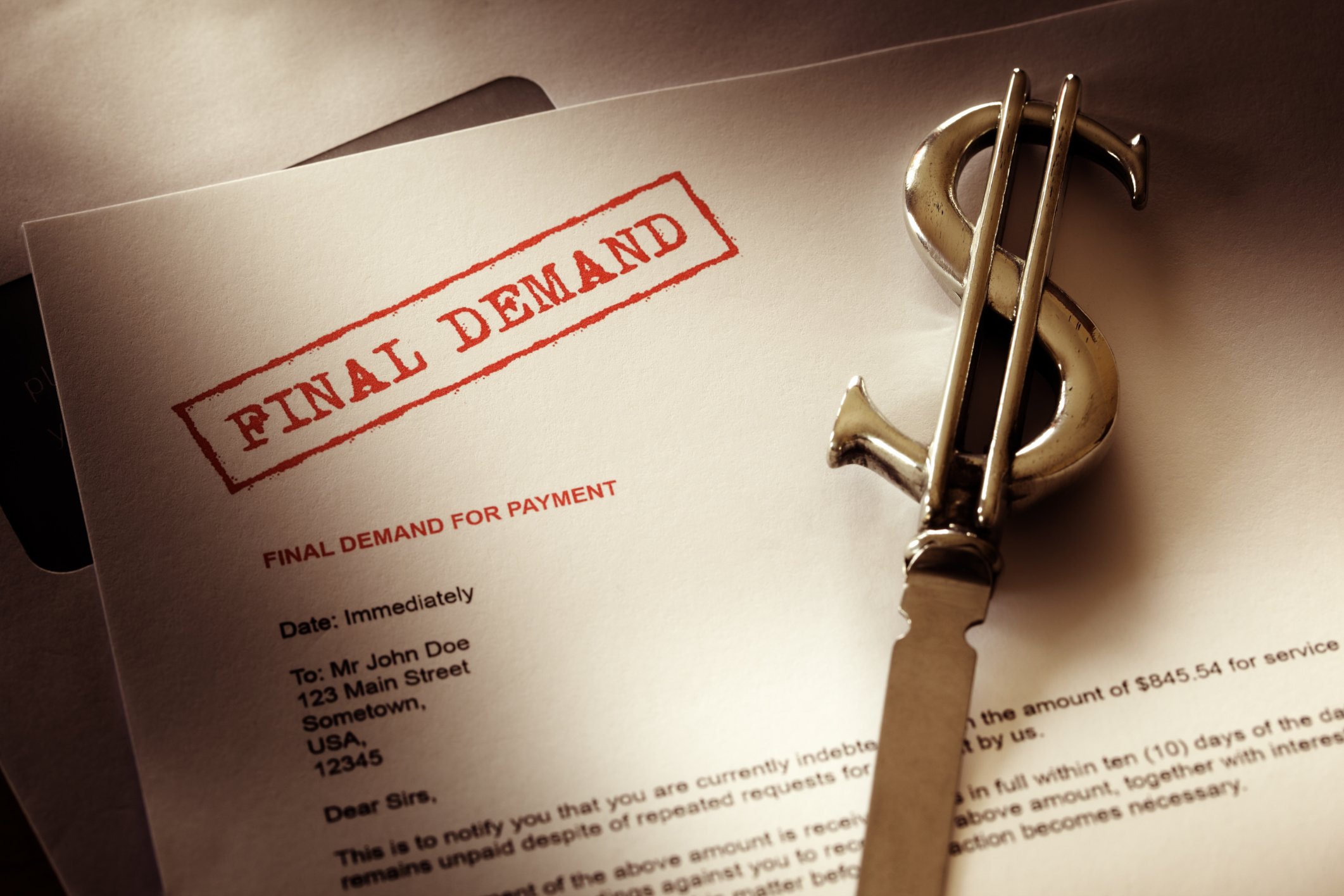 When a debt goes into collections, it may change hands several times. Creditors may sell the debt or contract another agency to collect it and this could happen more than once, depending on how much time has gone by with the debt remaining unpaid. It’s important to keep track of who is managing your debt so you know who to pay back and when. (You can find tips for negotiating with a creditor here.)
When a debt goes into collections, it may change hands several times. Creditors may sell the debt or contract another agency to collect it and this could happen more than once, depending on how much time has gone by with the debt remaining unpaid. It’s important to keep track of who is managing your debt so you know who to pay back and when. (You can find tips for negotiating with a creditor here.)
Having a debt collections account on your credit report will work against you, as it shows you didn’t pay your debt and are a risk for future loans. This is going to affect your credit score and will stay on your report for seven years, even if you pay off the debt. But with all the dates of collection agencies working at getting you to pay your debt, it may be confusing as to when that seven-year time period begins (and ends).
If My Collection Account is Resold, Does The Clock Start Over?
No — these accounts stay on your credit report for seven years from the original delinquency date – and its effects on your credit score should lessen over that time.
“Reselling a collection account will not reset the timeframe for deleting the account,” Rod Griffin, the Director of Public Education at Experian, said. “Collection agencies are required by federal law to report [the date of the original debt], even when the account is sold to another collection agency.”
What Can I Do?
Still, “it is always beneficial to pay off a debt in collections if you can,” Griffin advised. “The newest credit scoring systems exclude paid collections, so paying off the debt could help your credit scores immediately.”
But Griffin says not every place uses the same scoring methods, so an instant improvement isn’t guaranteed.
“A paid collection can help you reestablish good credit over time,” Griffin said. “Your credit scores will begin to recover more quickly if a collection account is paid in full than if it remains an unpaid debt.”
This is part of the reason why it’s a good idea to keep an eye on your credit score, so you can monitor the effects paying off your debt is having. (You can seetwo of your scores for free, updated monthly, on Credit.com.)
Remember, too, if you see the wrong date on a collection account (as a result of a resale or otherwise), you should dispute the information with the credit bureau in question. You can learn more about how to do so here. And you can also improve your credit score in the long-term generally by paying down high credit card balances, making all loan payments on time, and limiting inquiries while your score rebounds.
This article originally appeared on Credit.com and was written by Brooke Niemeyer.










